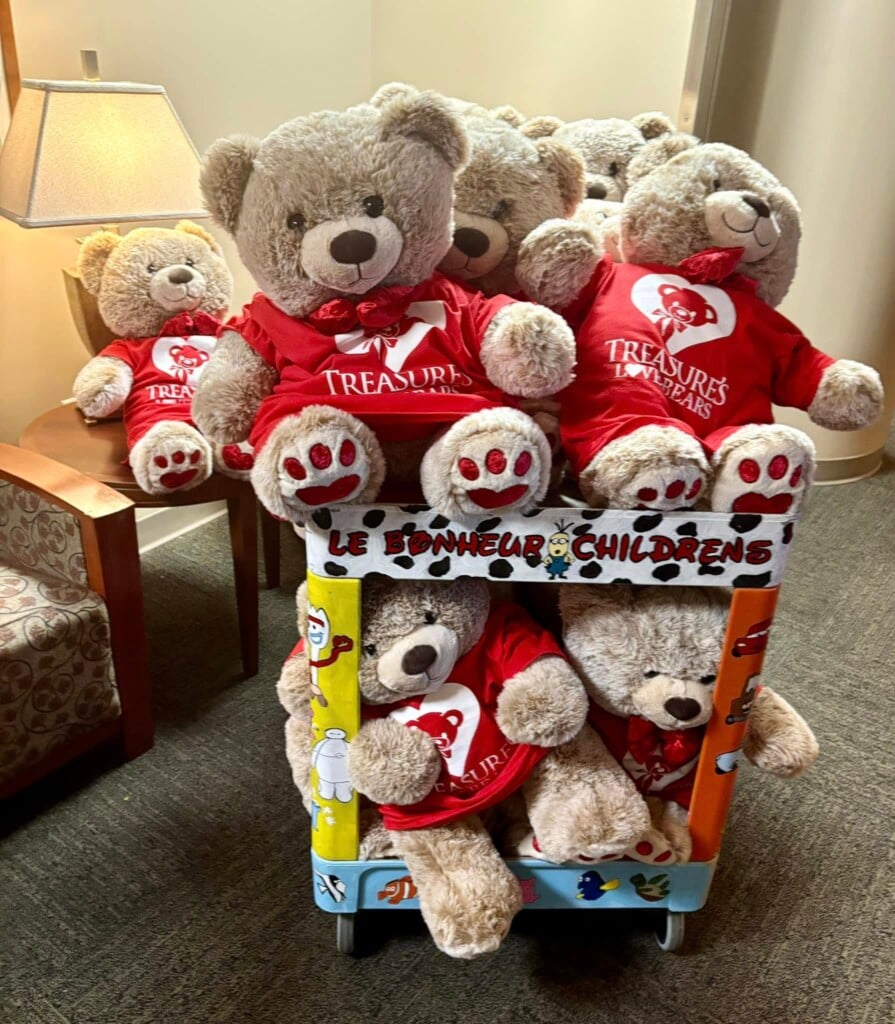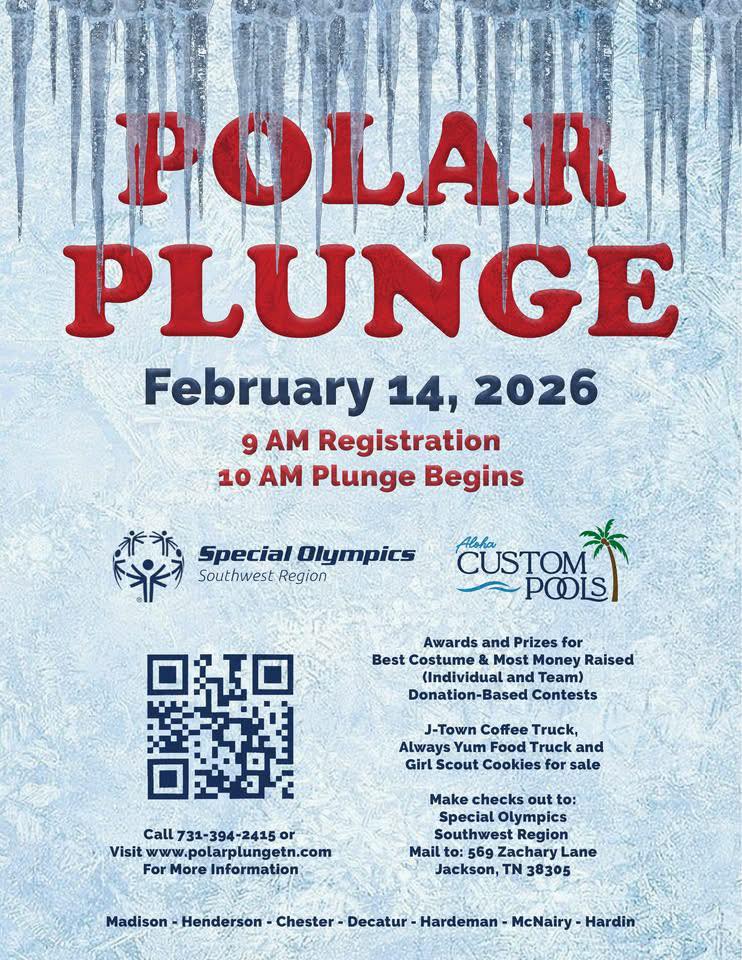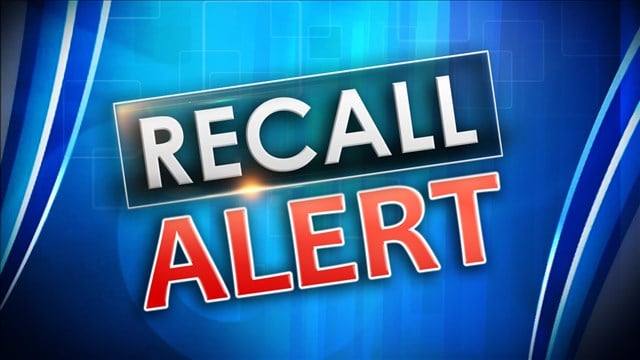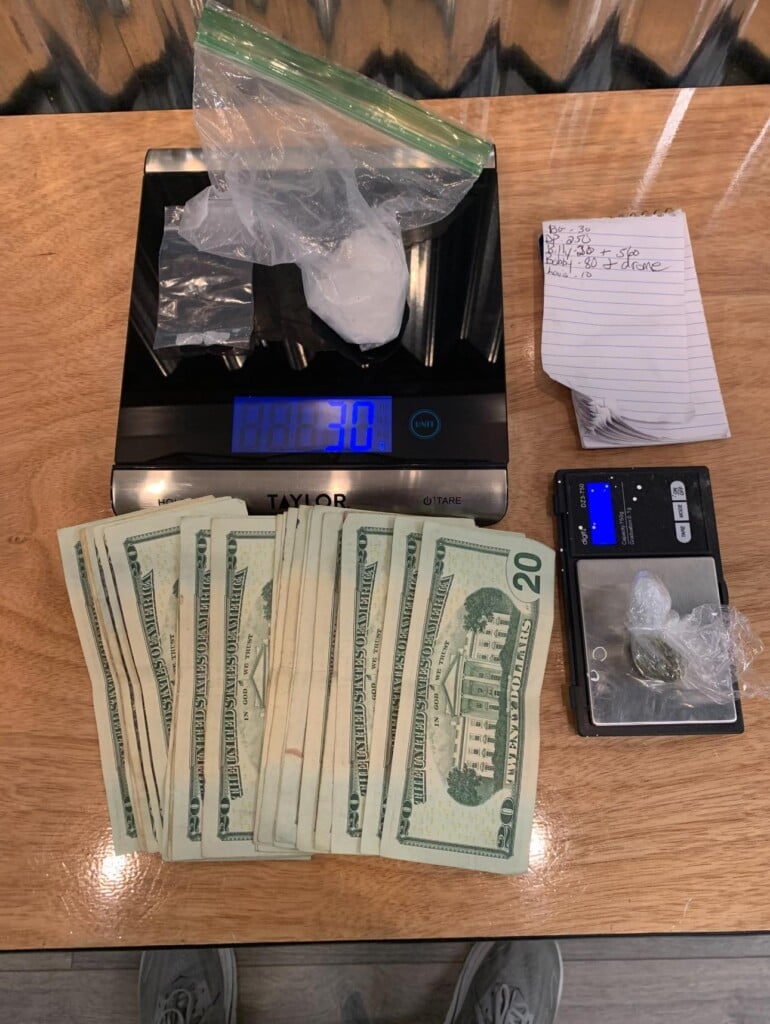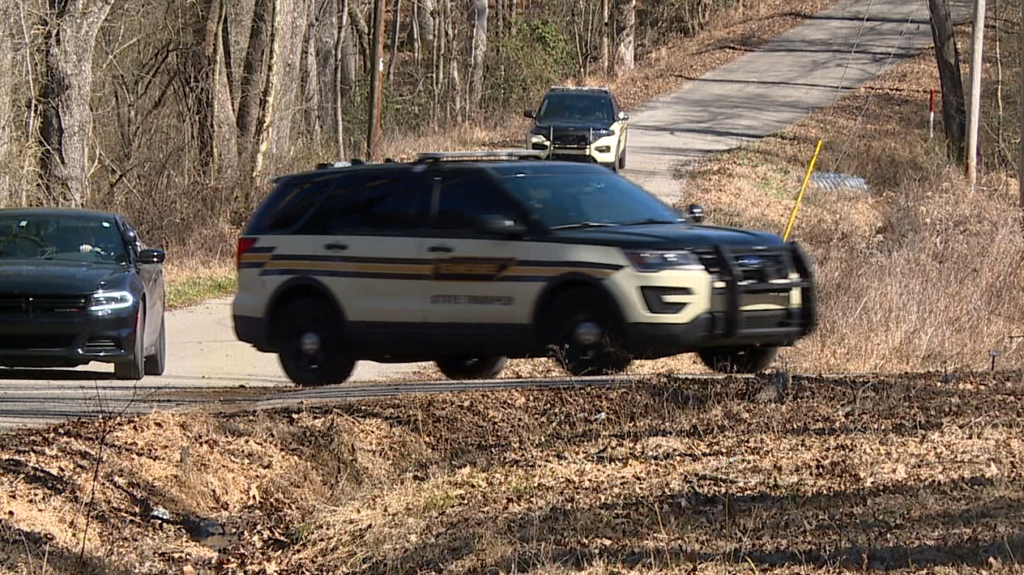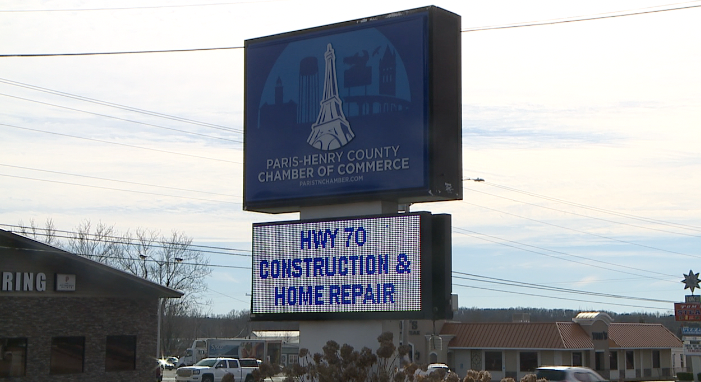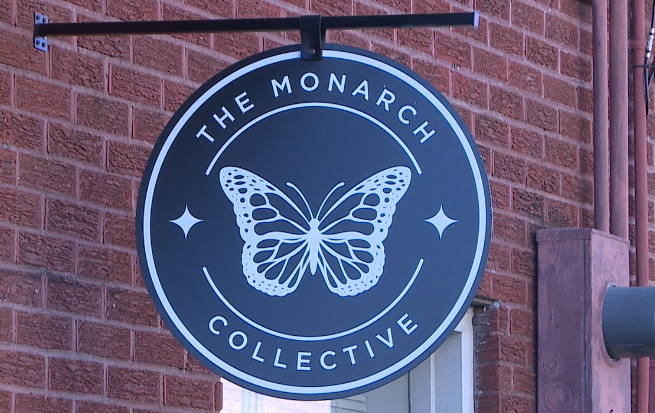As September marks Suicide and Recovery Month, experts share how to make a difference
JACKSON, Tenn. — September is Suicide Prevention Month and National Recovery Month, and we’re highlighting some ways to make a difference.

Making sure we’re in good health can be one of the more challenging responsibilities, because that’s a pivotal moment in recognizing an individual’s wellbeing.
Experts in the field of mental health and substance use tell us some warnings signs to watch out for and how we can better serve our neighbor’s with intervention.
“I see patients that say this all the time: ‘If I don’t wake up in the morning, I’ll be okay.’ If you say that, it doesn’t necessarily mean you want to take your life, but you have gotten to the point where you don’t want to face that pain anymore, that’s a big thing,” said Veronica Marrow.
According to experts Amy Coleman and Veronica Marrow, people over 65 have a higher rate of suicide.
While suicide is the second leading cause of death for ages 18 to 24, they tell us men commit suicide more, but women have more attempts.
“I would say the first step of recovery, really, is surrender,” Coleman said. “Figuring out that what I’m doing is not working. My own journey to recovery started with, first of all, asking for help, and intervention a lot of time is what people need.”
Street drugs like opiates, fentanyl, and methamphetamine have made more progression throughout the country.
Most substance use is in response to personal anxiety, depression, bipolar disorder, and grief.
Experts suggest coping mechanisms like journaling, praying and therapy.
“A lot of time folks who are in addiction, they lose a lot a family and friends ’cause they give up on them in a way, because they burned a whole bunch of bridges and they feel like ‘I have no other choice. I’m never getting any better,’ so they’ll take their lives,” Marrow said.
In Jackson, The Oaks of Lakeside is a licensed program they can use to do intensive outpatient care to adhere to daily expectations, or partial hospitalization care that last two weeks long with a administered psychiatrist, who might prescribe and manage their medication under an insurance-based payment system.
“Recovery is not linear, meaning that people go to treatment and then they end up with long-term sobriety or recovery. But, sometimes, they need several treatments, or they go to treatment, they have a relapse, and then they go back to treatment. Those kinds of things,” said Coleman.
If you don’t have insurance, there are places for you to go, like the Lifeline Peer Project, which is a state-funded rehabilitation for individuals that are uninsured or underinsured. They note that connection is really opposite of addition and it’s okay to ask for help.
Anyone that needs additional information can attend the Continuing Education event in the Hub City, Friday, September 7from 11 a.m. to 1 p.m. at Poplar Heights Baptist Church, located at 1980 Hollywood Drive.
For more local news, click here.





